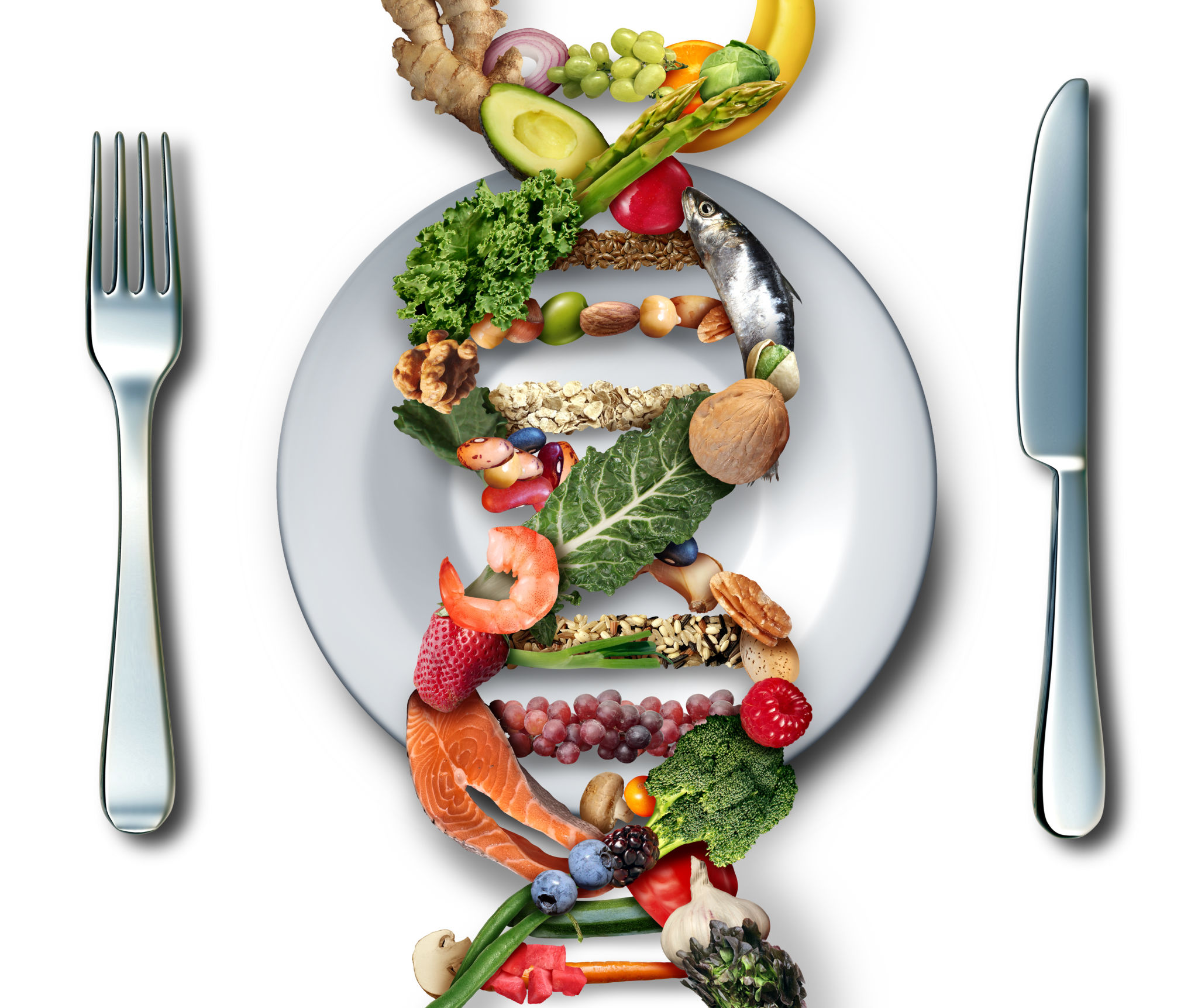Understanding Nutrigenomics: How Your DNA Can Influence Your Nutrition Choices
What is Nutrigenomics?
Nutrigenomics is an emerging field of science that examines the relationship between our DNA and nutrition. It focuses on how specific genetic variations can influence the way our bodies respond to different nutrients in the foods we consume. By understanding these interactions, nutrigenomics offers the potential to tailor dietary recommendations to an individual's genetic makeup.
The concept is based on the idea that since we all have unique genetic profiles, a one-size-fits-all approach to nutrition might not be the most effective way to optimize health. Instead, insights from nutrigenomics can help create personalized nutrition plans that align with an individual's genetic predispositions.

The Science Behind Nutrigenomics
Nutrigenomics combines principles from molecular biology and nutrition science. It involves studying single-nucleotide polymorphisms (SNPs), which are small variations in DNA sequence that can affect how we metabolize nutrients. These genetic differences can influence how effectively we process fats, carbohydrates, vitamins, and minerals.
For example, certain SNPs might mean that one person can metabolize caffeine efficiently, while another may experience adverse effects even from small amounts. By identifying these variations, nutrigenomics can provide insights into which foods and nutrients might be more beneficial or potentially harmful based on one's genetic profile.
Benefits of Personalized Nutrition
One of the most promising aspects of nutrigenomics is its potential to enhance health outcomes by providing more personalized nutrition guidance. Here are some potential benefits:
- Improved dietary recommendations: Tailoring nutrition advice based on genetic makeup can lead to more effective and sustainable dietary changes.
- Prevention of chronic diseases: Understanding genetic predispositions can help in creating strategies to reduce the risk of conditions like obesity, diabetes, and heart disease.
- Optimized nutrient intake: Identifying specific nutrient needs can help in maximizing health benefits and minimizing adverse effects.

How to Get Started with Nutrigenomics
If you're interested in exploring nutrigenomics, the first step is usually a genetic test. These tests analyze your DNA for specific SNPs related to nutrition and metabolism. Many companies now offer consumer-friendly testing kits that you can use at home. Once your results are available, you can work with a healthcare provider or a nutritionist skilled in nutrigenomics to interpret them and develop a customized nutrition plan.
It's important to approach nutrigenomic testing with caution. While the potential benefits are significant, the science is still evolving, and not all genetic tests are created equal. Look for tests that are backed by scientific research and offered by reputable companies.

Challenges and Considerations
Despite its potential, nutrigenomics is not without challenges. One major concern is privacy and data security. Genetic information is sensitive, and it's crucial to ensure that any data you share with testing companies is protected. Additionally, while nutrigenomics can provide valuable insights, it's not a definitive guide to nutrition and should be used in conjunction with other health strategies.
Moreover, the field is still in its infancy, and more research is needed to fully understand the complex interactions between genes and nutrients. As the science evolves, so too will the recommendations and applications of nutrigenomics in everyday life.
The Future of Nutrigenomics
The future of nutrigenomics looks promising as advancements in genomic technologies continue to expand our understanding of the human genome. As more research is conducted, we can expect more comprehensive and accurate insights into how genetic variations influence nutritional needs.
This growing field has the potential to revolutionize how we approach diet and health, moving away from generic dietary guidelines towards highly personalized nutrition plans that cater to individual genetic profiles. As such, nutrigenomics represents a significant leap forward in our ability to optimize health through diet.
